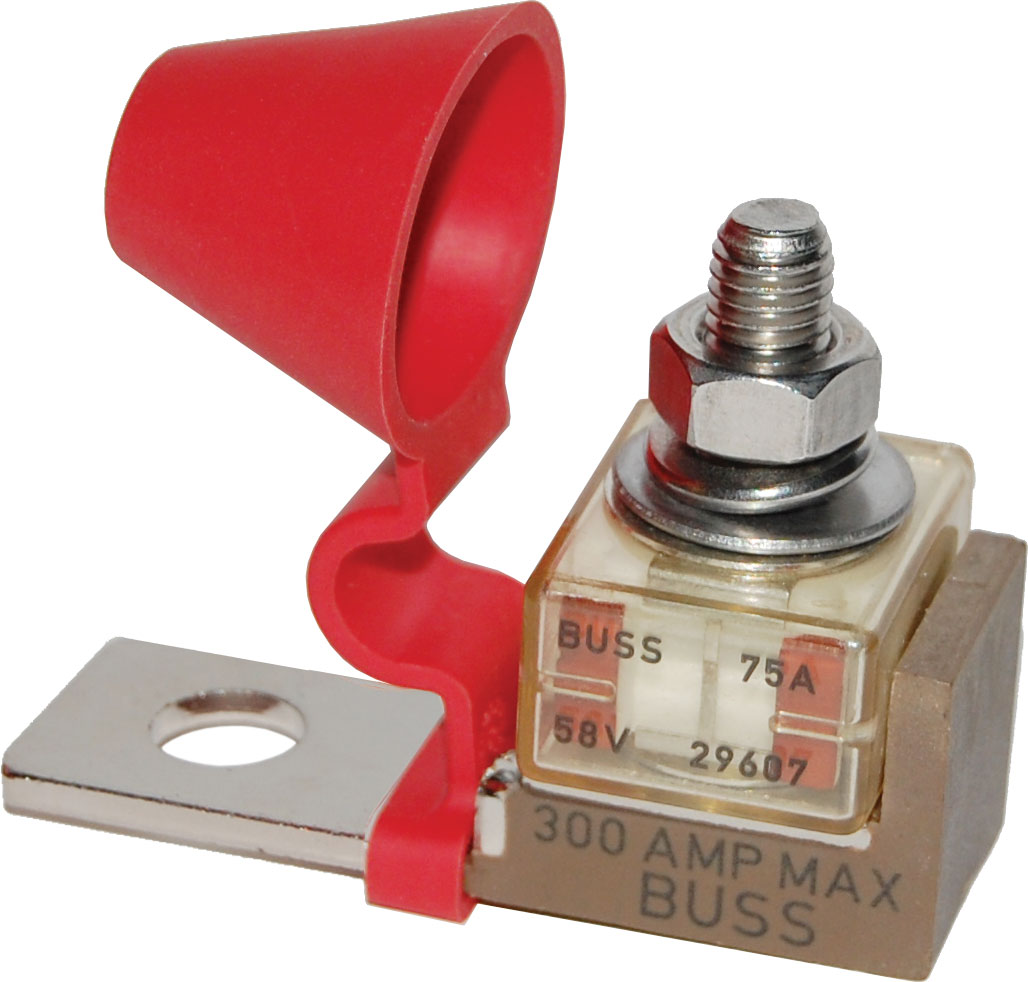There wasn't any burn marks, melted wiring or insulation. As I removed the starter to be checked out, I noticed the ground was not installed correctly. So I cleaned it up, dielectric grease and properly grounded it to the engine block. The starter checked out fine. I believe the problem is solved. None of the connections heated up with the engine running, AC on, refrigeration on, lights on, microwave on, water pump running, windlass running even flushed the head a few times.
Next test is to make sure the shaft alignment is good. There is less than .004 between the flanges. Dock test first, then open water.



